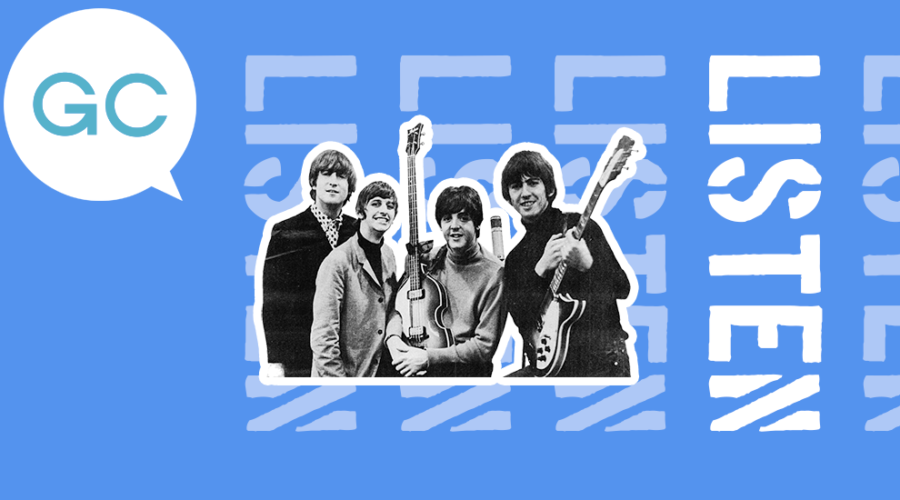As the summer goes on, a lot of catchy songs can be heard on radios and at discos. But have you ever wondered if the voice of your favorite artist is what you’re really hearing?
It’s probably not the first thing on your mind, but that might change this year.
When Puerto Rican reggaeton singer, Bad Bunny, heard his latest viral song a few months ago, he raged on social media.
It wasn’t him.
The song was generated entirely by artificial intelligence, yet his followers didn’t notice the difference.
But AI can be useful to the music industry. These tools enhance sound, which helps producers save time and money with restoration and creation. Thanks to artificial intelligence, the unfinished Beatles song “Now and Then” came out. In the past, it was impossible to include this song on an album due to poor audio quality, however, new digital technology managed to extract John Lennon’s voice and restore the audio using AI.
Machine learning has enabled these technologies to be employed by almost anyone, allowing the development of all kinds of ideas. Therefore, the public will potentially receive a wider range of productions from both experts and amateurs. For example, last year, these technologies were equally useful for making covers of Michael Jackson, Freddie Mercury and Rosalia.
AI training is achieving results more and more similar to human creations, leading to more organic products with a more human-like quality and better reactions from people. But where is the human artistic side? Can it be completely imitated by a machine?
AI is being trained to mimic and create music similar to that made by humans, but artificial intelligence is also being trained to influence people’s decisions about what to listen to. According to studies, AI can identify hit songs and predict some aspects of human behavior, although it is a complex task.
On the other hand, there is the human response to these AI creations.
Can we tell the difference between AI and human-created music?
Although some researchers have found evidence of inferior music being made by AI, other music specialists think that with a well-trained artificial intelligence we could not tell the difference, but they further propose a question: is the emotion of a song in the created piece or in the human who listens to it?
Researchers have also observed that the people’s reactions are related to both genre and preconceived expectations — and doesn’t only depend on the quality of the music. The human response to automation can bring desired or undesired consequences such as interest in learning informatics, facilitating creative processes by using it for more tedious jobs and the loss of faculties by not performing certain tasks on a frequent basis.
Music will be transformed by the implementation of these programs and the increase in data handled by AI that allows it to predict some aspects of human behavior, even identifying which songs will be successful.
There is an increased interest among people in using these tools. Although not all musicians agree with the application of AI, it is known that approximately 60% of musicians are using AI for some tasks. Musicians can get benefits such as vocal pitch correction and the ability to produce from any space, but there are concerns about the potential commercial use of their voices or styles for the benefit of third parties.
New AI-generated creations in music have started the debate about copyright on vocals, artist image and authorship. Although there are no clear laws, and platforms admit use of AI, they have limits on voice cloning. For example, when Drake and The Weeknd’s voices were cloned, the song went viral and was later removed by Spotify, Deezer and Apple Music.
As these are recent technologies, there is still time for the development of laws that protect the work of musicians while helping them to improve their work. But questions about copyright rumble beyond music. It is probably not easy to resolve who earns money from each creation, when AI has been involved.
The question for music experts is whether it is possible for artificial intelligence to create all kinds of music with good results or whether the artistic touch will be missing.
Although opinions might be divided, artists do want to keep creating. Perhaps the most tedious tasks can be replaced by a machine, but creative people will always want to get ideas out of their heads.

